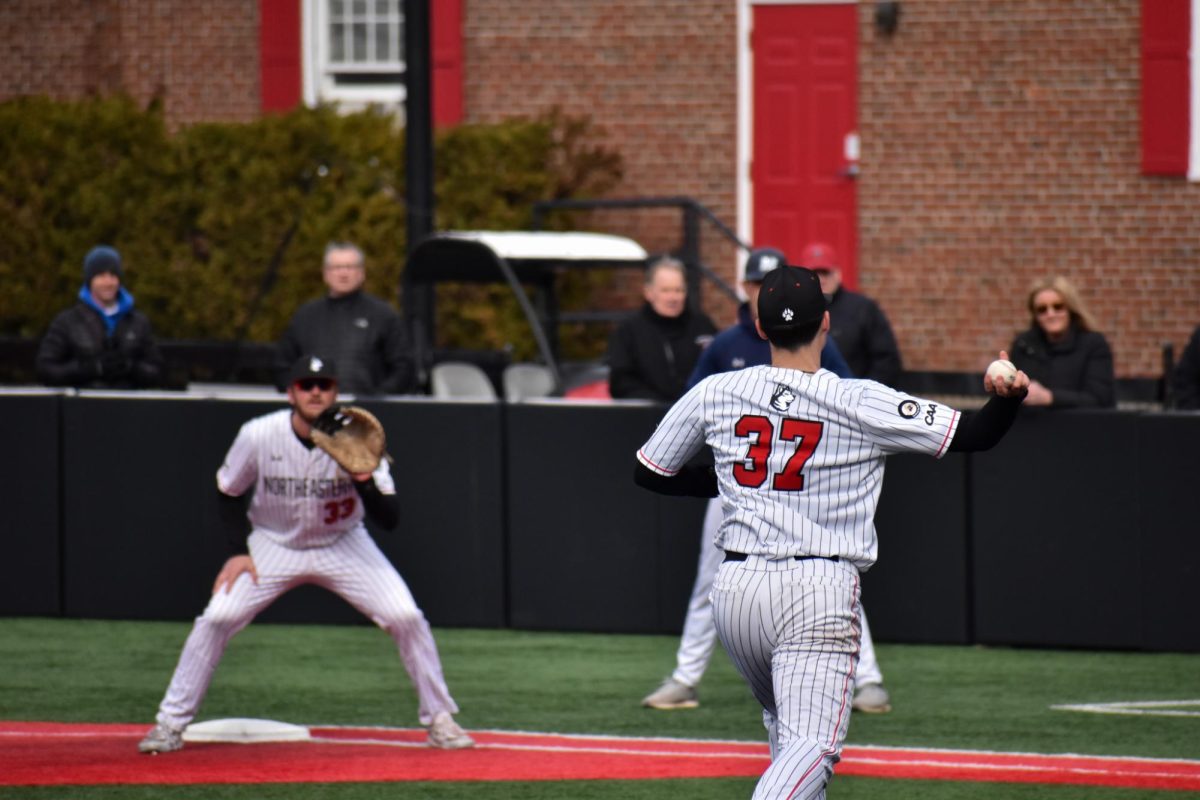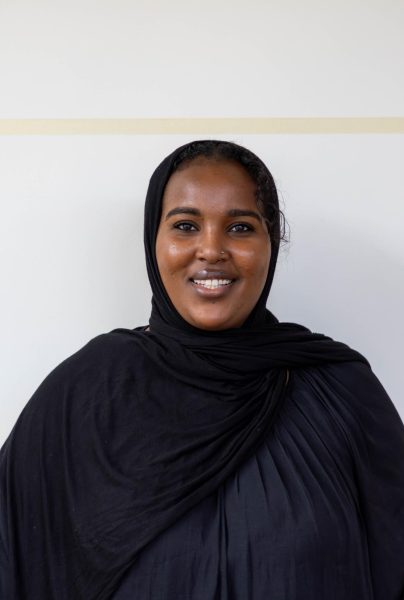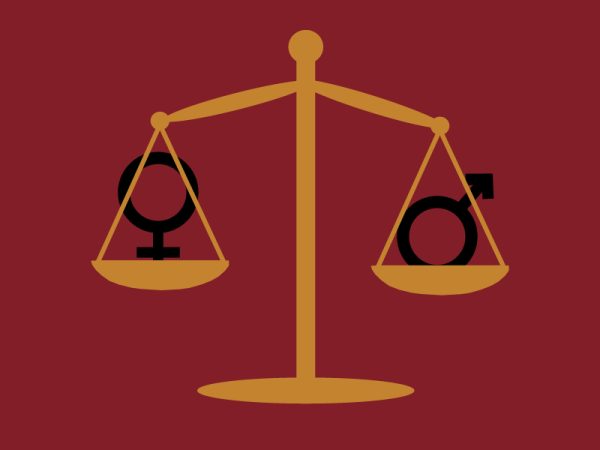Op-ed: Sports and international politics at the World Cup: FIFA’s ineptitude to support political discourse
December 17, 2022
With the 2022 FIFA World Cup in full force, it’s fitting to see international politics inevitably being pulled into the most popular sport in the world. In the opening week of the tournament, we have already seen several incidents of players and fans making their voices heard when it comes to the issues facing their respective nations. If not for FIFA’s inability and lack of effort to promote policies that support these players in their aspirations for change, then there could have been even more scenes of protest during the World Cup.
It’s important to remember that the protests from these athletes shouldn’t overshadow FIFA’s ineptitude in supporting basic human rights. Holding the World Cup in a repressive country like Qatar has deterred many athletes and fans from bringing important issues to the world stage. In particular, Qatar’s government does not recognize same-sex marriage and does not allow its citizens to campaign for LGBTQ+ rights. Additionally, Qatar recently issued a new law that “authorizes the imprisonment of anyone who broadcasts, publishes, or republishes false or biased rumors, statements, or news, or inflammatory propaganda, domestically or abroad, with the intent to harm national interests, stir up public opinion, or infringe on the social system or the public system of the state.” These are policies that are meant to silence the citizens of Qatar and to hide the deficiencies of the Qatari government.
The 2022 FIFA World Cup has shown us that norm diffusion, the path of making an intended behavior into an international norm, can be accomplished by voices outside of regimes across the globe. It has also revealed the enormous degree of responsibility that the organizing bodies, in this case, FIFA, possess in aiding athletes in standing up to or for their countries.
As Martha Finnemore, an influential international politics scholar, notes in her Cambridge Academic Journal essay piece “International Norm Dynamics and Political Change,” “Networks of norm entrepreneurs and international organizations act as agents of socialization by pressuring targeted actors to adopt new policies and laws and to ratify treaties and by monitoring compliance with international standards.” In this case, the norm entrepreneurs can be seen as the athletes exhibiting signs of protest towards their nations and the international community. Finnemore is emphasizing how these entrepreneurs can be vitally important in spreading a norm throughout the international community.
The first sign of protest at the FIFA World Cup was the Iranian soccer team refusing to sing their national anthem in their opening match against England. Their symbol of protest was in solidarity with the movement in Iran that started with the death of Mahsa Amini, a 22-year-old woman arrested by morality police in Tehran Sep. 13 for allegedly violating Iran’s strict rules requiring women to cover their hair with a hijab, or headscarf. Since then, protests have been taking place around the world to increase the social rights of Iranian women. However, as a consequence, the theocratic regime, the Islamic Republic has threatened the Iranian soccer players with imprisoning and torturing their families if they continue with their protest in Qatar.
If we want to establish a constitutive norm, or a norm which creates new interests or categories of action, in Iran, action must be taken by other state and non-state actors around the world.
Finnemore offers a blueprint of how pressuring the changing of norms on a targeted state actor, in this case Iran, can come from outside the targeted states’ borders. The Iranian soccer team’s protest put this social issue on the world stage. They have now influenced other global citizens to become involved in the protests to pressure the Iranian government into enacting a new set of norms for their state.
With the event taking place in a country that represses the social rights of its citizens, it forces many to consider the validity of holding such a welcoming and inclusive international competition in Qatar. FIFA claims to be “committed to respecting all internationally recognised human rights and shall strive to promote the protection of these rights,” putting Qatar at odds with this value of the event. This choice of the World Cup taking place in Qatar reeks of corruption inside FIFA. In 2020, the Department of Justice released a report citing that representatives working for Russia and Qatar had bribed FIFA officials to secure hosting rights for the World Cup in men’s soccer. FIFA must take its role in the international community more seriously. Progress and norm diffusion can be accomplished during these events when the whole world is watching. With these athletes exhibiting the ideas and norms that they want to see in the international system, it can lead to their spread into other nations.
The German soccer team recently covered their mouths in their team picture. This was done in protest of FIFA’s ruling to not allow the LGBTQ+ friendly armbands to be worn at the tournament in Qatar. FIFA President Gianni Infantino defended the decision in an interview with BBC saying, “we know football does not live in a vacuum and we are equally aware that there are many challenges and difficulties of a political nature all around the world, but please do not allow football to be dragged into every ideological or political battle that exists.”
Infantino and FIFA’s ignorance towards this simple symbol of support for a community that is recognized in many nations around the world explains why the armband needs to be seen on the international stage. As Finnemore mentions in her piece, “many international norms began as domestic norms and became international through the efforts of entrepreneurs of various kinds.” This can be the case for gaining recognition for LGBTQ+ communities around the world. In the words of the English national soccer team, the purpose of this armband is to “use the power of football to promote inclusion and send a message against discrimination of any kind as the eyes of the world fall on the global game.” This can be aligned with Finnemore’s point that we need entrepreneurs to spread these norms across the globe. In a statement posted on the German soccer team’s Twitter, “It wasn’t about making a political statement — human rights are non-negotiable.” This symbol of solidarity with LGBTQ+ communities around the world is helping to globalize a norm that exists in many domestic spheres.
The end result of these norms being adopted by the entire international system is still out of sight. Additionally, it’s not clear whether these courageous acts will help create a norm of granting women’s rights in Iran and expanding the rights of the LGBTQ+ community around the world.
We can still draw a plausible conclusion that these demonstrations have captured the rest of the world’s attention for these issues and persuaded other members of the international community to support these norm changes. The limitations of these protests can be connected to FIFA’s disappointing policies on political discourse at the World Cup. FIFA’s ban of the OneLove armbands and holding the World Cup in Qatar are two policies that could have shifted the potential spread of norms. There can be change that doesn’t only occur on the platforms of national governments around the world. If FIFA took its responsibility seriously, then we would’ve seen more protests that could lead to even greater change in the international community.
Brian McHugh is a second-year political science and communication studies combined major. He can be reached at [email protected].


















